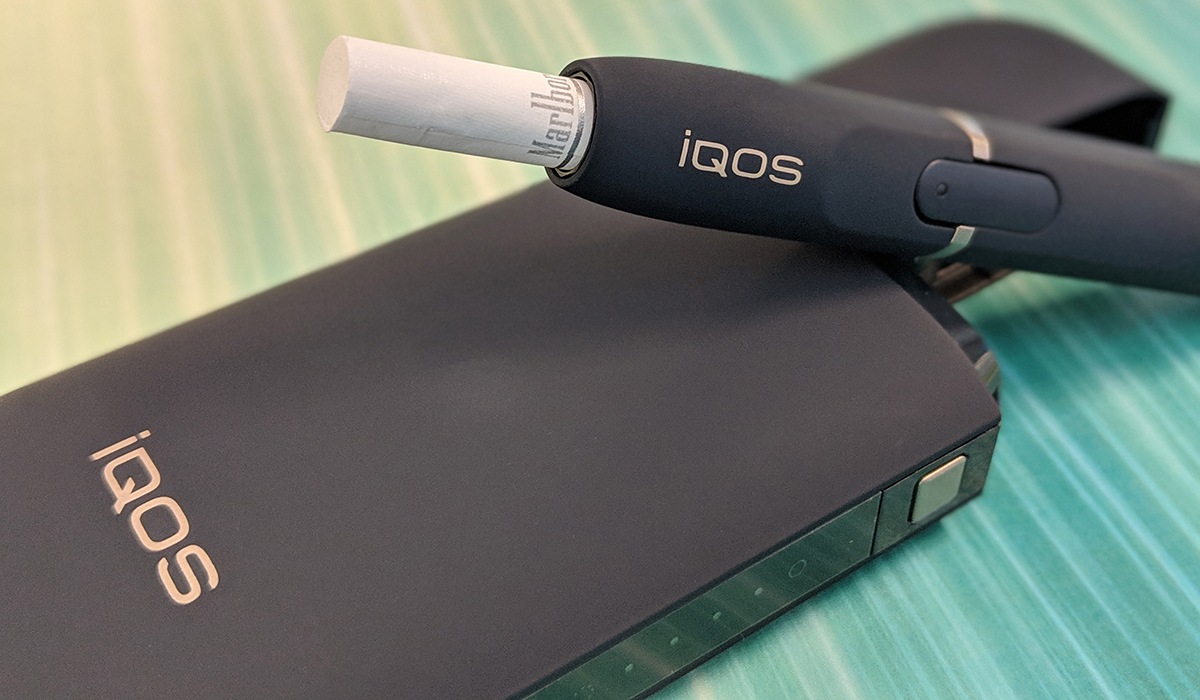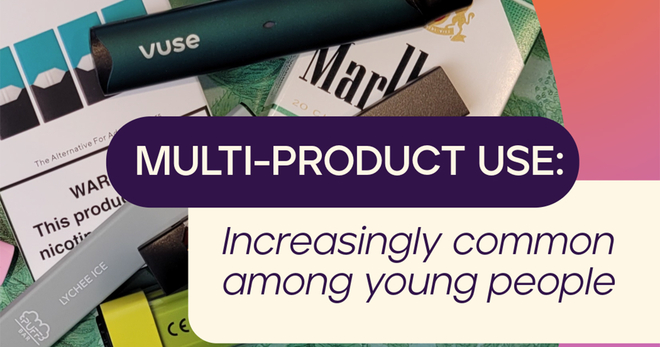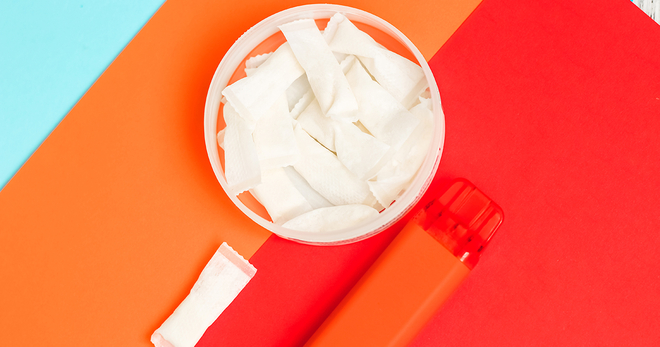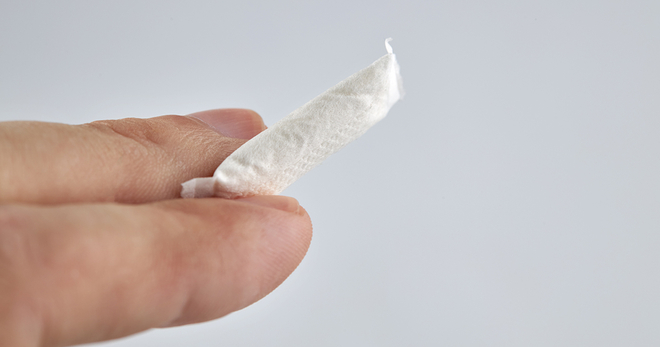Twitter marketing on new heated tobacco products transforms into word-of-mouth conversations
Twitter posts about new heated tobacco products like IQOS, Ploom, and Glo doubled in number and shifted from majority commercial tweets to majority organic posts between 2016 and 2021, according to new research published by Truth Initiative in Social Media and Society. Organic tweets outnumbered commercial tweets nearly 3 to 1 by 2021, suggesting that an initial push of marketing by commercial accounts saturated conversation around heated tobacco products on Twitter, raised product awareness, and successfully generated organic posts and word-of-mouth content. Findings underscore the need to monitor the role social media plays in promoting and normalizing new tobacco products.
The rise of new heated tobacco products
Heated tobacco products are part of a larger tobacco industry strategy to rebrand its public image with non-combustible products and position itself as working alongside public health while continuing to market and sell cigarettes.
IQOS, the current market leader in heated tobacco devices from tobacco giant Philip Morris International, was permitted for sale in the U.S. for the first time in 2019 after years of regulatory debate. In July 2020, the Food and Drug Administration authorized Philip Morris to market the product with the claim that switching completely to IQOS from cigarettes reduces exposure to harmful chemicals. However, the makers of IQOS are not allowed to advertise that the product reduces health risks associated with cigarette smoking.

Twitter conversations about heated tobacco heat up
To gauge how online conversations changed over the years, researchers combed Twitter for keywords like “heat not burn,” “ploom,” “IQOS,” and “discover glo” to capture over 121,000 tweets relevant to heated tobacco products, examining the most retweeted posts and active accounts for content and source.
They found that the monthly volume of posts about heated tobacco on Twitter doubled between 2016 and 2021. Spikes in social media conversations coincided with news about regulatory decisions around the products, such as when FDA approved IQOS for sale in the U.S., when IQOS entered test markets in Atlanta and Richmond, and when FDA approved the marketing of IQOS as a reduced exposure product. Researchers found that tweets included conflicting and potentially misleading information on the health effects of heated tobacco products.
Between 2016 and 2021, messages about heated tobacco products shifted from majority commercial tweets to majority organic posts. The proportion of organic tweets – posts that were not sponsored – increased from 29% of heated tobacco related tweets in the first month of data collection to 74% in the last month, while commercial tweets – including branded promotional messages, links to commercial websites, usernames indicating affiliations with commercial sites, or only promotional posts – correspondingly decreased from over 70% to 27% of tweets from August of 2016 to July of 2021.
Tobacco industry promotes heated tobacco with tried and true as well as new approaches
Twitter activity around heated tobacco products included a mix of old and new marketing approaches. In line with historical marketing of more established tobacco products, researchers found that tweets used discounts, event promotions, and fashion appeal tactics to promote heated tobacco products. About one-fifth (20%) of tweets included mentions of cannabis, making heated tobacco products the first tobacco product to be promoted by commercial entities as being compatible with cannabis, the authors note.
Monitoring social media conversations about new tobacco products
IQOS sales halted in the U.S. at the end of 2021, when a patent dispute with a competitor barred Philip Morris and its partner Altria from selling and importing IQOS in the country. The ban remains in place while Altria appeals the case, however, Philip Morris announced that it will start manufacturing IQOS in the U.S. in the first half of 2023 to skirt the ban on imports.
“While the IQOS product has been removed from the U.S. market and its future uncertain, the industry is likely to continue to innovate in this area,” the authors write. Viral marketing of heated tobacco products among organic users on social media is “a potentially rich avenue for tobacco advertising in an increasingly restricted environment,” according to the authors. The trend calls for additional monitoring to understand the role that social media may play in normalizing the latest tobacco products.
More in emerging tobacco products
Want support quitting? Join EX Program
By clicking JOIN, you agree to the Terms, Text Message Terms and Privacy Policy.
Msg&Data rates may apply; msgs are automated.


